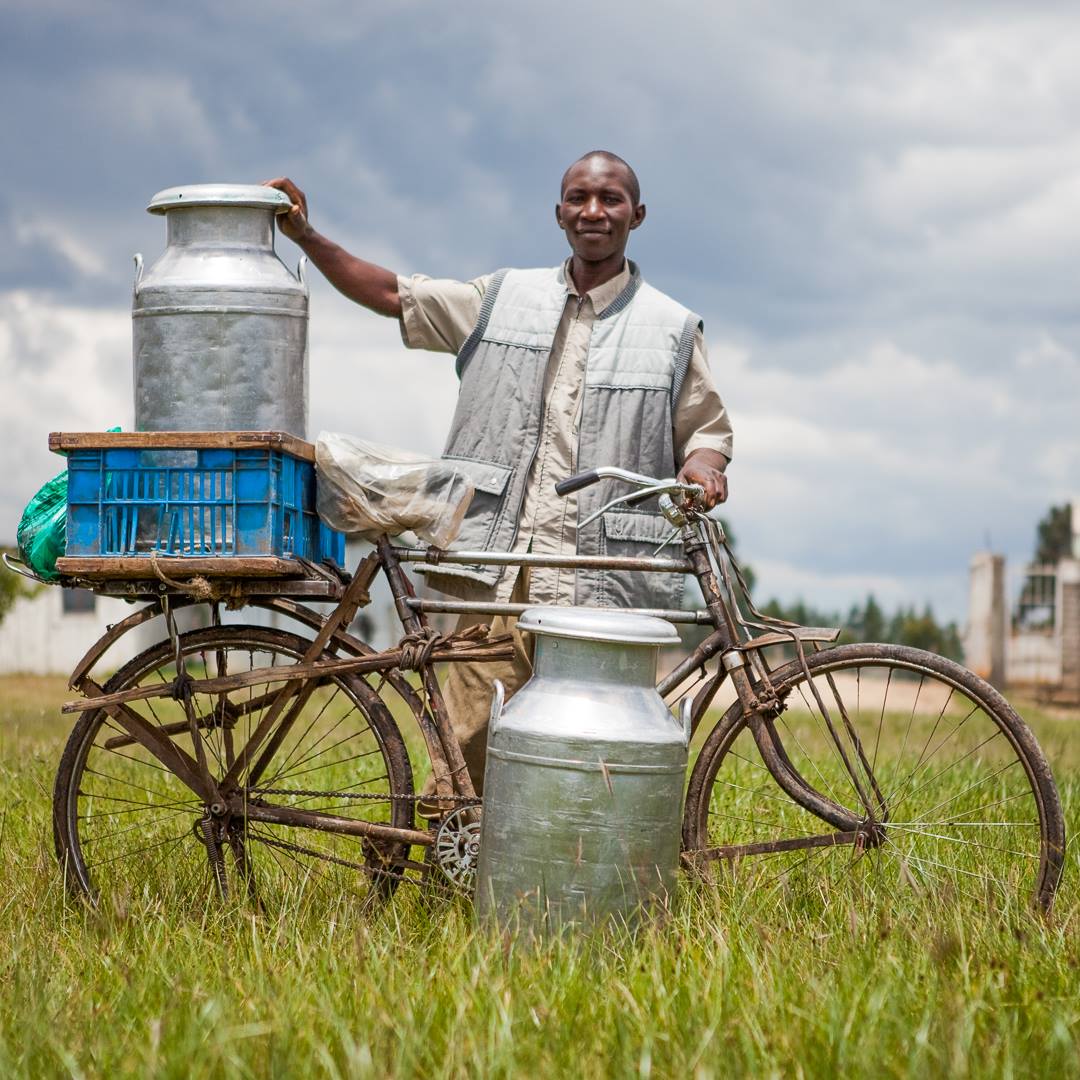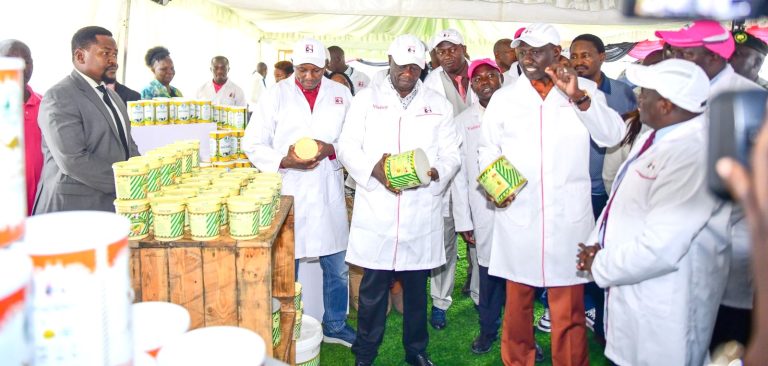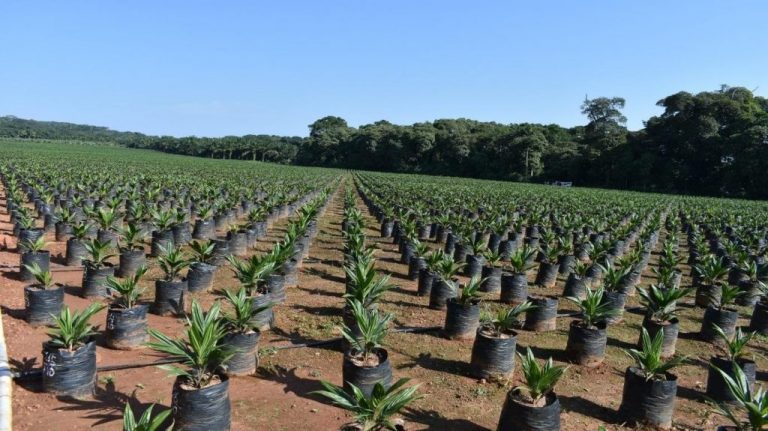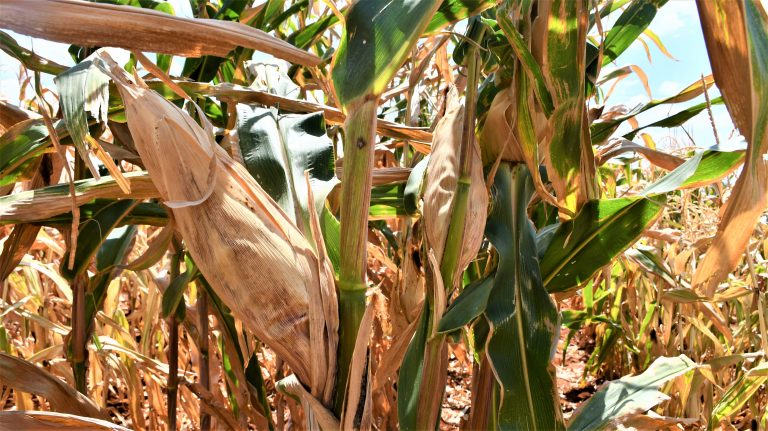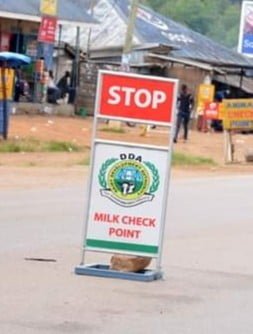By Kimuri Mwangi
The government plans to establish a milk price-stabilizing fund, which will be executed through New KCC, representing further interventions aimed at ensuring a stable and prosperous dairy subsector according to Cooperative and Micro and Small Enterprises Cabinet Secretary Simon Chelugui.
New KCC has been tasked with the mandate to stabilize both producer and consumer milk prices by efficiently managing milk surpluses during the glut period by converting excess milk into a strategic food reserve in the form of dry milk powder, which can be released back into the market during dry seasons.
“The new KCC is 100% owned by government and the stabilization fund is a government intervention. It doesn’t take away a respective dairy processors’ milk. The State will spend Kshs. 3 billion for stabilization of milk prices in the wake of a glut that is expected in the market following favourable weather that has spurred production in farms,” he said. The funds will be used in mopping up excess milk from farmers and convert it to powdered milk.

The CS spoke during a Cooperative Leaders forum where he stated that the Bottom Up Economic Transformation Agenda (BETA) has recognized the dairy subsector as a pivotal value chain due to its substantial contributions to the national and rural economy.
He said the dairy prices stabilization funds will also be channeled through New KCC. Many processors according to the CS have abandoned farmers by not taking milk from them hence the government’s intervention to enable farmers get good returns despite the glut attributed to the good rains the country has experienced since August. Chelugui also noted that the government is considering the provision of milk coolers to dairy farmers through their cooperatives under the auspices of New KCC.

The CS added that the government has also undertaken an ambitious modernization and expansion programme for the New KCC Plants and equipment to the tune of Kshs 2.5 billion. which has increased the processor’s processing capacity from 300,000 to 800,000 litres per day.
The dairy subsector has been facing significant challenges, including high breeding costs, disease prevalence, insufficient extension services, expensive animal feed, limited value addition, post-harvest losses and low market access.
Daniel Marube, the Executive Director and CEO of Cooperative Alliance of Kenya, which is the apex organization that brings all the registered cooperatives in Kenya together, said that Kenya has a potential to grow milk production up to four million litres per day.

“We are now doing about 1.5 million litres per year per day. With the government promising to support the dairy farmers with the coolers, we are educating our members on how we can improve the quality and quantity of milk through upgrading our animals so that we can be able to produce more,” he opined. The biggest challenge he added has been the high cost of animal feed and hoped that by working with the government farmers will be able to subsidized animal feeds.
His sentiments were supported by Ambrose Koech a farmer from K-Piller Sacco in Bomet County who called on the government to give subsidized animal feeds just like the way they give fertilizer to farmers.
“We are really worried. The government should come in and subsidize the cost of feeds, so that at least the farmers will be able to make some money. Again, the sale of milk has been left to hawkers mainly and we are hoping that the government is going to streamline the price of milk so that at least the milk cooling plants that we have can be the only collection point for the milk”, he said.
Koech said most farmers usually produce a lot of milk but due to middle men coming to collect the milk from the farmers in their home, they almost dictate on the prices sometimes to as low as Kshs 35 per litre. Thanking the CS for the reforms in the dairy sub sector, he however urged for action as soon as possible for the benefits to be realized.
The Cooperative Leaders meeting brought the government and the cooperative leaders together to evaluate the performance of the cooperative sector in the previous financial year.


